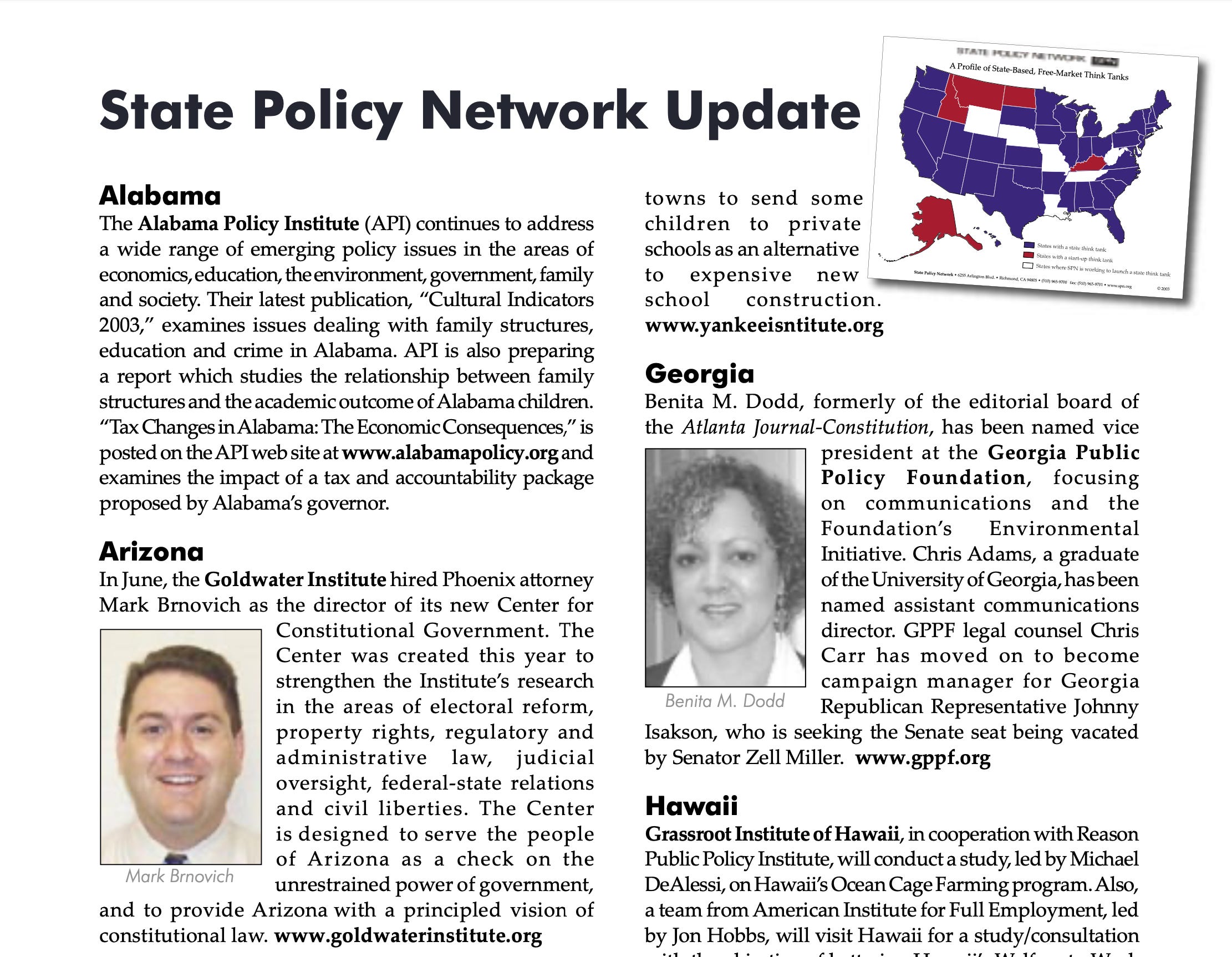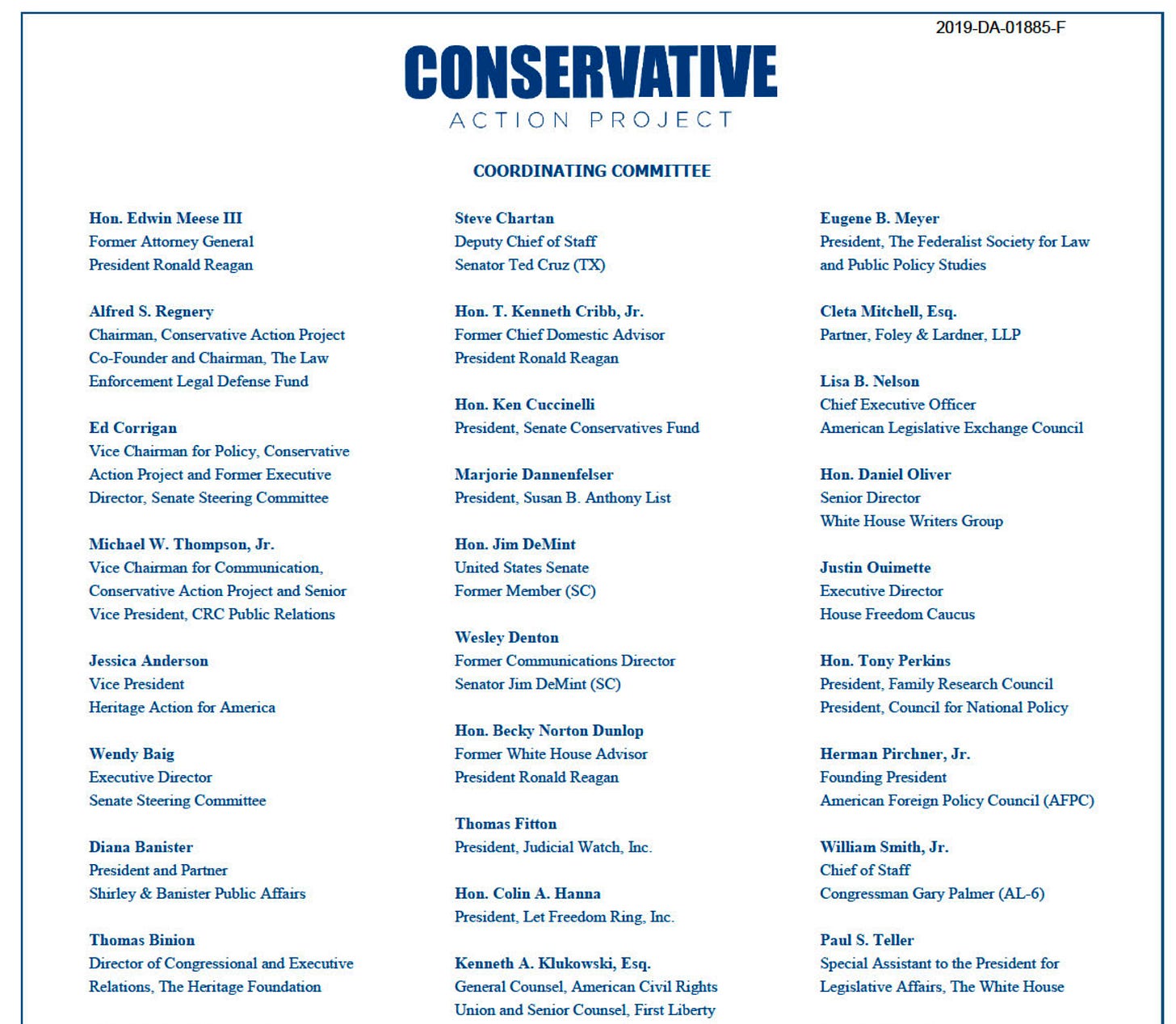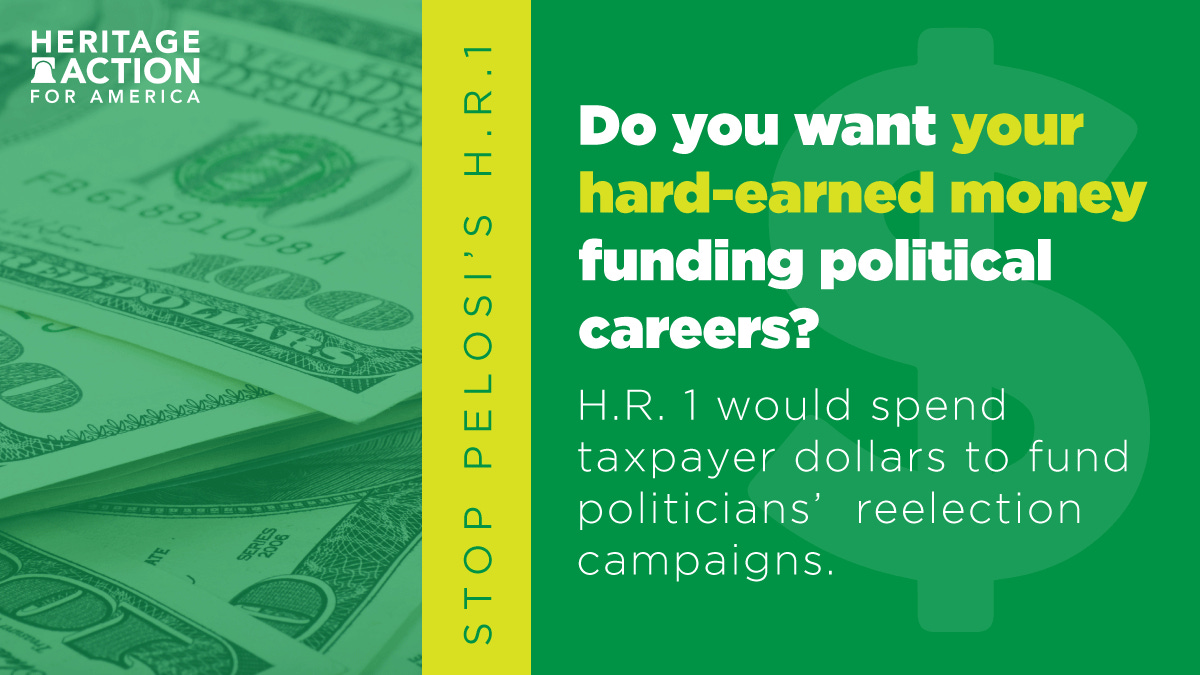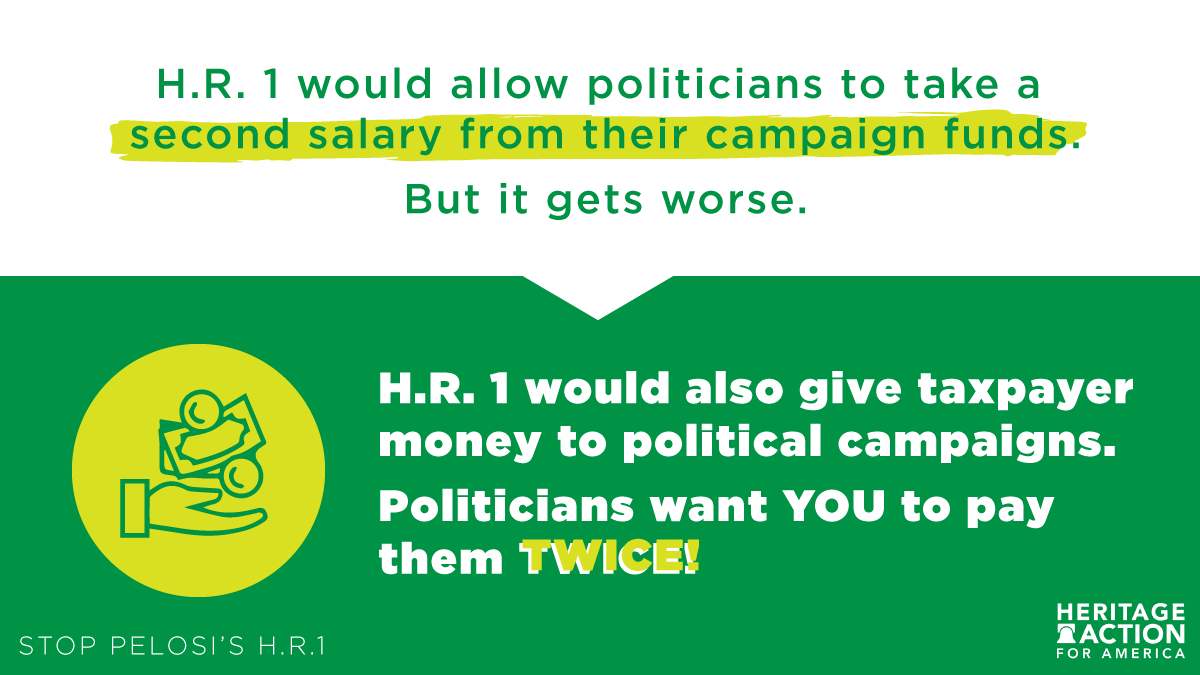H.R. 1 Has Passed the House, but It's Facing a Coordinated Right Wing Backlash
Voting roll stickers. Photo credit: GPA photo archive.
H.R. 1 passed out of the House last night. It now heads to the Senate with a hearing scheduled in the Senate Rules Committee on March 24th. The Democratic majority in the House ensured that it sailed through mostly along party lines, but it wont be so simple in the Senate. The right wing opposition to the bill has been going into overdrive over the past two weeks. Donald Trump and Mike Pence have both blasted the bill and everything points to the Senate hearing being pretty contentious.
HR 1, the so-called For the People Act, will increase opportunities for election fraud, trample the First Amendment, further erode confidence in our elections and should be rejected by every member of Congress and opposed by every patriotic American.
— Mike Pence (@Mike_Pence) March 3, 2021
The “For the People Act” (H.R. 1 in the House and S.1 in the Senate) is arguably the best hope for fixing our badly damaged election system. It would restore and update the Voting Rights Act, left largely gutted by the Supreme Court with its 2013 Shelby County ruling. It would require states to implement automatic and online voter registration systems, and mandate mail-in voting for everyone. The voting rights of millions of formerly incarcerated citizens would be restored.
States would be required to create independent redistricting commissions - rather than empower partisan politicians - to draw Congressional maps. Neither party has a great track record on this when they control the process, so this is a no-brainer for team democracy.
Not everyone wants fair elections
Let’s be honest, many on the right just don’t want certain people to be able to vote. Obviously that isn’t what they (mostly) say publicly, but they do this because they think it helps their own chances of victory. As Donald Trump ranted about H.R. 1 at CPAC this past weekend: “Can you believe this? Requires states to give ballots to felons. Automatically registers every welfare recipient to vote…”
It is remarkable that either of those things could actually be considered controversial in a functioning democracy.
In 1980, Paul Weyrich, the founder of numerous groups on the right, including the American Legislative Exchange Council (ALEC) and the Council for National Policy, both of which are working on H.R. 1 through connected groups, gave a revealing speech in Dallas, TX. Hat tip to People for the American Way on the video.
"Now many of our Christians have what I call the goo-goo syndrome — good government. They want everybody to vote. I don't want everybody to vote. Elections are not won by a majority of people, they never have been from the beginning of our country and they are not now. As a matter of fact, our leverage in the elections quite candidly goes up as the voting populace goes down."
ALEC formally adopted model legislation in 2016 that calls for the repeal of the 17th Amendment. If that actually happened, it would mean U.S. Senators would no longer be elected by “we the people.” Instead they would be chosen by state legislators, just as they were before 1913 when the amendment was ratified. It’s hard to over state how radical an idea this is. There are many problems with our elections that ALEC could choose to take on, but they decided to tackle people electing Senators.
Fixing our broken campaign finance system
H.R. 1 would also bring major reforms to how federal elections are funded. The Act would create an opt-in small donor public finance system for Congressional elections, financed by a surcharge levied against corporate criminals and at no cost to the taxpayer. Small donors would have their contribution of up to $200 matched six-to-one by the fund, giving their dollars more weight and making it possible for more candidates to run against incumbents backed by wealthy donors.
The Act requires disclosure of major donations ($10,000+) to outside groups that are spending significant funds to influence elections, and mandates disclosure of online spending in elections. It would require Presidential candidates disclose ten years of tax returns. There is a lot more besides all of that. For more on this, the Brennan Center for Justice has a great report that is really worth the read.
Do people like this? Hell yes they do!
In relative terms, all of this is wildly popular across the political spectrum. It seems like we hardly agree on anything as a country right now, but we do agree that H.R. 1 is a good plan. February 2021 polling from Data for Progress and Vote Save America showed 68% support for the bill overall. According to Crooked Media: “Seventy percent of Democrats, 68 percent of Independent / third party voters and 57 percent of Republican voters support H.R. 1.”
The majority of voters agree they’d like their votes not to be f*cked with. https://t.co/pRzWnawVaW pic.twitter.com/ilejVwFqkA
— Vote Save America (@votesaveamerica) March 4, 2021
So what’s the problem?
These efforts are facing an enormous, well funded and highly organized opposition, and this effort goes beyond trying to block the For the People Act. Republicans came out from the loss of the Presidency in November with a renewed urgency to push through measures that would make it harder to vote in future elections.
While Democrats try to repair the Voting Rights Act with H.R. 1, Republicans were back at the Supreme Court this week in an attempt to weaken it further.
That case - Brnovich v. Democratic National Committee - is named after and is being argued by the Attorney General of Arizona, Mark Brnovich, a Republican and a member of the corporate-funded Republican Attorneys General Association (RAGA). We have written about RAGA’s donors frequently (see here).
According to the New York Times:
“Should the Republican argument prevail at the Supreme Court, where conservative justices hold a six-to-three majority, it could give the party’s lawmakers wide latitude to enact voting restrictions to eliminate early voting on Sundays, end third-party ballot collection and restrict who can receive an absentee ballot — all voting mechanisms Democratic lawyers argued would disproportionately curtail voting access to people of color.”
As Documented first reported, RAGA and its sister organization the Rule of Law Defense Fund, spread misinformation about the election results following the November election and promoted the January 6th march on the U.S. Capitol including paying for a robocall to supporters. That story led to major corporations dumping RAGA, and its Executive Director quitting the group.
Brnovich, a former registered lobbyist for the private prison industry Corrections Corporation of America, spent years at the Goldwater Institute, the right wing Arizona “think tank,” where he ran the group’s Center for Constitutional Government. Goldwater is a part of the corporate-backed State Policy Network, which is running its own campaign to oppose H.R. 1. More on that below. According to a 2003 SPN newsletter, Brnovich worked on “electoral reform” issues during his time at Goldwater.

At the state level, Republicans are pushing a massive wave of restrictive voting provisions. Many of these would be undone by H.R. 1 if it was adopted. According to reporting by Huffington Post:
“Republican lawmakers have introduced more than 250 new bills to limit voting, according to a study by the Brennan Center for Justice, a pro-voting rights nonprofit that supports the For The People Act. These bills would limit early, absentee and provisional voting, introduce new voter identification restrictions, expand voter roll purges and make it harder to register to vote.”
The groups organizing to block H.R. 1
Two coalitions have formed to oppose the legislation. One, organized by the Conservative Action Project, a project of the Council for National Policy, appears more focussed on the voting rights aspects of the legislation. The other, coordinated by People United for Privacy, a group formed by the State Policy Network (SPN), seems more focussed on the campaign finance reforms, but there are numerous overlaps between the two coalitions.
The Conservative Action Project (CAP) was created in 2008 by the Council for National Policy (CNP) to coordinate push back on the Obama administration, connecting its members with the then burgeoning tea party movement. Those networks have somewhat merged in the years since, and they found a receptive audience during the Trump years. According to the Washington Post, CAP ran weekly meetings with staff from the Trump White House.
A 2018 document obtained by Documented, published for the first time here, lists the Conservative Action Project coordinating committee. This list includes House Freedom Caucus Executive Director Justin Ouimette, conservative activist Ginni Thomas (married to Supreme Court Justice Clarence Thomas), ALEC CEO Lisa Nelson, as well as Paul Teller who was a Special Assistant to Donald Trump, and Trump campaign lawyer Cleta Mitchell. There are also several staff from Republican congressional offices on the committee. The level of coordination between the republican party and groups within the Council for National Policy is clear from the membership of the coordinating committee.

CNP members (you can find a full list here) include the leaders of groups like the American Legislative Exchange Council (ALEC), the Heritage Foundation, Alliance Defending Freedom, the State Policy Network (SPN), FreedomWorks, and Turning Point USA. Major donors on the right, including the heads of the dark money slush funds Donors Trust and the Bradley Foundation are also members. Documented has published a large number of internal materials from CNP, including videos, membership directories, newsletters and more.
A “memo for the movement” from CAP/CNP was published on February 10, 2021. “Conservatives are united in opposing H.R. 1, the attempt by House and Senate Democrats to fundamentally undermine the American electoral system,” reads the memo. “H.R. 1 would cause sweeping and irrevocable damage to the free speech, privacy, and integrity that are central components to free and fair elections in America.”
Grover Norquist (Americans for Tax Reform) David N. Bossie (Citizens United), Lisa Nelson (ALEC), Michael Farris (Alliance Defending Freedom), Heather Higgins (Independent Women’s Voice), J. Christian Adams (Public Interest Legal Foundation), Gary Marx (The Concord Fund - another major dark money funder), and Tom Fitton (Judicial Watch) were all among the signers.
These memos serve as both a position statement and a rallying call for groups on the right, and since that date there has been a significant rise in public actions opposing H.R. 1 from CNP members.
People United for Privacy
People United for Privacy is a group that was set up by the State Policy Network (SPN), a network of corporate-backed think tanks at the state level. It exists with the sole purpose of undermining existing and potential future disclosure laws. From its mission statement:
"People United for Privacy believes that all Americans have the right to support causes they believe in without fear of harassment or intimidation. That's why we support keeping the names and addresses of donors to important causes private." (emphasis added)
For federal elections we already have public disclosure for contributions given directly to candidates. Any donation above $200 to a candidate must be reported to the FEC, and that information is then posted online in a searchable database. We have a major disclosure gap for outside groups, with huge sums of money spent through these organizations to influence elections. According to the language in the bill, only donations above $10,000 to an outside group would be made public, and only if the group is engaging in “campaign-related activity”.
A group can even hold any donations to be spent on this activity in a segregated account, and would then only have to make public the donations to that fund. In other words, a corporation could still write a massive check and keep it secret, as long as the group kept the money it raised to influence elections in a separate account.
People United for Privacy has a letter from what it’s calling the “Coalition to Oppose H.R. 1 and S. 1”, now signed by more than 130 organizations. The letter claims that the bill would subject “citizens who contribute to nonprofit organizations to harassment and intimidation by making their personal information available in a searchable government database.”
The groups signing the letter include many State Policy Network state level “think tanks,” along with Heritage Action, Americans for Prosperity, DonorsTrust, ALEC Action, Gun Owners of America, Tea Party Patriots Action, State Policy Network itself, American Energy Alliance, Competitive Enterprise Institute, and the Heartland Institute.
People United for Privacy stands with over 130 organizations in urging Members of Congress to reject H.R. 1 and S. 1, the deceptively named “For the People Act.” https://t.co/bEp17gMcLB
— People United for Privacy (@UniteForPrivacy) February 1, 2021
Lies, damn lies…
H.R. 1 is a lengthy bill and as such there is a lot of scope for groups on the right to lie about what it does, something they are taking full advantage of. Below are two examples from Heritage Action. Neither of these graphics is accurate.
The first below says “taxpayer dollars” and “your hard-earned money” would be used to fund reelection campaigns. That is a total lie. H.R. 1 would provide matching funds for small donors using a levy imposed on settlements from corporate criminals, so its at no cost to taxpayers.

The second Heritage Action graphic below is also inaccurate. The Campaign Legal Center (CLC) has a memo that debunks this myth. Current law allows for non-incumbents to draw a salary from their campaign, but this isn’t impacted by H.R. 1 and it wouldn’t allow anyone to take two salaries. As the CLC memo says: “This is a complete fiction.” Heritage Action is not the only group spreading this lie. The CLC memo was in response to a mass email sent to members of Congress, organized by another CNP member group, ACT for America, an anti-Muslim hate group.

Below is another highly misleading ad. This one is from the American Action Network targeting Democrats in the House, including the H.R. 1 primary sponsor John Sarbanes (D-Md.) Again, this isn’t public money being used to fund these campaigns, and it would be available across the board for all candidates.
Okay, that’s us done for now, but we have a lot more on this coming soon, including more on what these coalitions are up to as they mobilize against H.R. 1. So if you haven’t already, please share this post and subscribe (it’s free!).